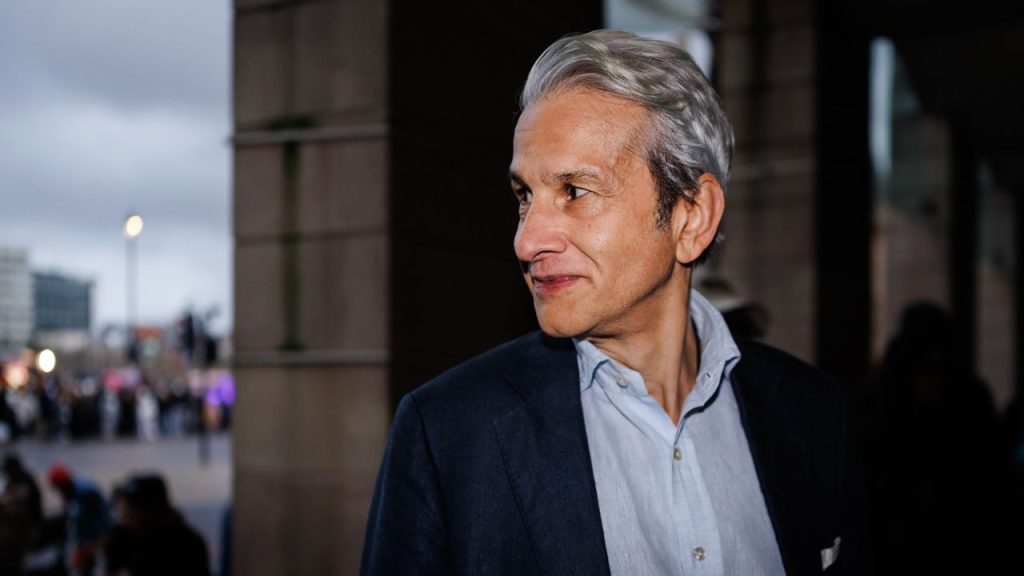BBC chair Samir Shah appeared in front of a Commons select committee yesterday to answer questions over the departures of director general Tim Davie and news chief Deborah Turness, as well as allegations of “institutional bias” at the corporation.
The committee chair Caroline Dinenage appeared less than satisfied with Shah’s answers, describing his comments as “wishy-washy”. Conservative MP Dinenage told the BBC that the committee was not “wildly enthused that the board is in safe hands. There are clearly some issues of governance – there is clearly some chaos at the heart of the BBC board.”
What did the commentators say?
If you were expecting a “gladiatorial showdown” at the Culture, Media and Sport committee hearing on Monday, “you’d have been left wondering where the swords were”, said Katie Razzall on the BBC. A “nervous” Shah soon relaxed when “he realised these MPs had not come equipped for mortal combat”.
Both Shah and Michael Prescott – the former journalist and editorial adviser to the BBC who wrote the damning internal memo on bias in its reporting that was leaked to The Telegraph – dismissed claims that the BBC was institutionally biased.
Robbie Gibb, the BBC board member and former communications chief for Tory prime minister Theresa May who himself has been accused of political interference, also played down rumours of a “politically motivated coup” as “ridiculous” and “complete nonsense”. “Whether that is enough to quell the critics is another matter”, said Razzall, and it “certainly didn’t make riveting TV”.
Compared to the “seismic outrage” against the BBC in the last month, disappointingly, “there was nothing much to write home about” after the committee hearing, said former Guardian editor Alan Rusbridger in The Independent. This “gentle nudging” by MPs “would not have been out of place at a rural Quaker meeting house”, and took us no closer to understanding what the alleged problems at the BBC are.
Shah’s explanations “came tumbling out, but it was not entirely clear what they meant”, and any reasoning for the delays in responding to the Donald Trump “Panorama” video scandal “was not easy to follow”.
In short, “a force 10 typhoon had just ripped through a great national institution. But nobody could quite put their finger on why.”
What next?
On top of appointing a new director general and CEO of news, the BBC must contend with a possible legal battle with Donald Trump over the October 2024 “Panorama” episode that included a misleading edit of a speech he made prior to the 6 January riots in 2021. The US president has threatened to sue the BBC for between $1 billion and $5 billion.
This is “a moment of peril” for the broadcaster, said former BBC chief creative officer Pat Younge in The Guardian. We must not ape the US, where “sycophantic media executives have caved in to politically motivated legal threats”. A strong BBC needs several guarantees: a permanent charter, a “proper funding settlement”, a governance board “appointed by an independent body” and a renewed commitment to ensuring content reflects “the lives of nations and regions throughout the country”.
MPs’ questions failed to land any ‘killer blows’ to quell the ‘seismic outrage’ faced by the BBC
